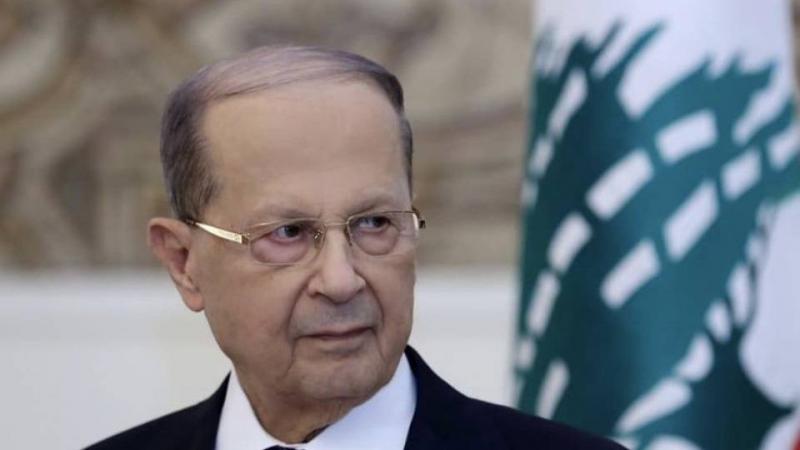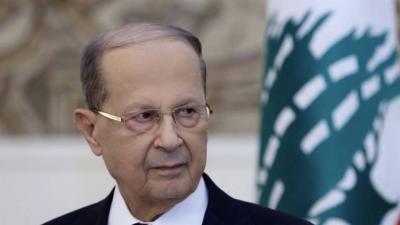Despite the recent visit of the designated Prime Minister Najib Mikati to Baabda Palace and the ongoing government formation discussions with the President, the situation remains stagnant, with no signs of a breakthrough or positive developments from either side, indicating that no government has been formed yet. However, the tension between the Free Patriotic Movement and Mikati has eased, suggesting that both sides are allowing for a possibility of positive changes regarding the matter.
Reports circulated in the media indicating that Hezbollah is exerting pressure for a government formation, anticipating a potential void due to a delay in presidential elections, and to avoid coinciding with a caretaker government. However, after October 31, the upcoming government, if formed, will also be considered caretaker due to the end of Michel Aoun's term. Therefore, discussing a new government to avert a complete vacancy after the presidential term ends seems illogical. Furthermore, the timeframe leading up to the mentioned date is only two months and ten days, a short period unlikely to witness any crucial decisions from the government.
The current presidential team may not be enthusiastic about forming a new government, especially considering leaks attributed to the president suggesting that Aoun may not leave Baabda Palace if a new government is not formed, in order to avoid handing over power to a caretaker government. However, this argument lacks logic as even if a new government is established, it will also turn into a caretaker government after Aoun's term, meaning he will ultimately hand over power to a caretaker entity. Aoun might use the existence of the current government as an excuse to remain in Baabda, consequently hindering efforts for a new formation.
On another front, the current term is engaged in its final struggles before the end of its tenure, attempting to exert pressure on the judiciary to secure gains for the period following Michel Aoun. In this context, reports have emerged about pressure being placed on the Constitutional Council to accept appeals regarding the parliamentary elections in favor of candidates from the Free Patriotic Movement, thereby allowing the latter to increase its number of MPs within the "Strong Lebanon" bloc.
In this context, MP Ahmad Rustom pointed out that "reliable sources have indicated that the Free Patriotic Movement is putting pressure on the Constitutional Council, with its known composition, to accept the appeal of its candidate Haidar Issa."
In an interview with the electronic newspaper "Anbaa," he noted that "we operate under the law and are subject to the judiciary's authority, but the honest judiciary, not one influenced by political pressures. We have full confidence in two institutions considered the cornerstones of the country, namely the military institution and the judiciary, and if the latter begins to operate under political dictates, it reflects a significant problem."
Regarding the government formation, Rustom expressed hopes for the swift establishment of a government, highlighting that "proposals different from those discussed in the early stages are being circulated, such as forming a government of 30 ministers, which could alleviate obstacles; however, the entire matter remains unlikely before the end of the current term."
Concerning the presidential election, Rustom stressed the importance of holding the elections on time, asserting that delay and vacancy would plunge the country into bigger and more complicated crises. At the same time, he pointed out that "the atmosphere is clouded, and there is still no clear picture, awaiting regional developments and the Vienna negotiations."




